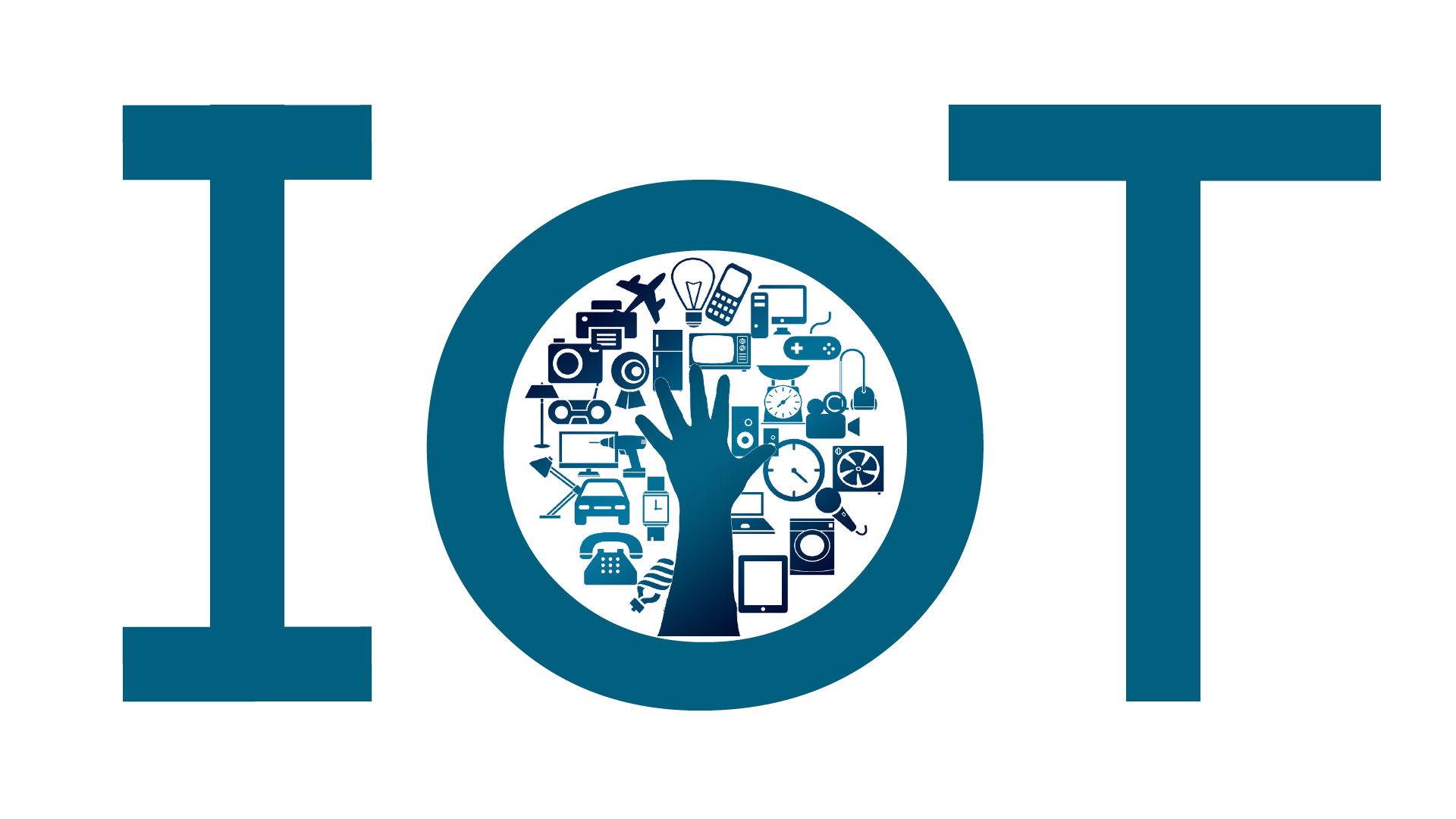 Tech Giants Compete to Beat Market
Tech Giants Compete to Beat Market
Three of the biggest computer companies in the world are gobbling up patents in a race to outmaneuver each other in the Internet of Things arena.
A new report has found that Cisco Systems, Intel and Samsung filed the most IoT-related patents in the U.S. over the past nine years.
The report from Natick, Mass.-based VDC Research tracked U.S. patents from 2009 to 2017 that mentioned IoT use in them. Cisco topped the list with 200 IoT-related patent applications. Meanwhile, Samsung filed for 151 and Intel sought 136.
Also in the IoT race, Qualcomm racked up 96 patents, AT&T filed 84 and IBM gained 74. Three internet and AI tech giants, Amazon, Microsoft and Google, each have 30 or less filed for the same time period.
VDC’s report shows that IoT-related patent filings have skyrocketed in the U.S. in the past five years. In 2013, there were only 155 patents filed, but that number climbed over the next three years, reaching 3,234 in 2016 (2017 numbers were left out because the data set was incomplete).
Chris Rommel, one of the report’s authors, told CRN that his research shows that companies are investing much more in IoT and finding more significant use cases.
“I think that if you look for proxies for innovation, patents are a really good indicator,” he said.
The report also noted that many patents filed and granted today are for incremental changes in products or services, demonstrating the incremental nature of innovation.
This use of IoT as an umbrella term to describe different kinds of physical devices connected to a network can sometimes serve as a barrier for certain customers, according to Jeff Murray, president of Control Point, a Scarborough, Maine-based operational technology solution provider that works with industrial manufacturers, semiconductor makers and municipalities.
“It’s a classic case of the unknown piece,” Murray told CRN. “So if you said, ‘Are you looking for an Internet of Things solution?’ to a vast majority of my customers, they would say absolutely not. If I said, ‘Do you want a dashboard in your cloud that gives you a view into your production line?’ they would say yes.”







Leave A Comment